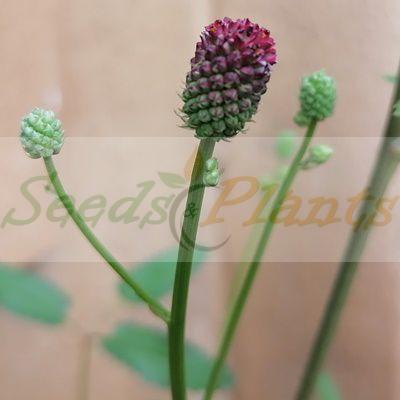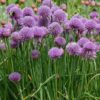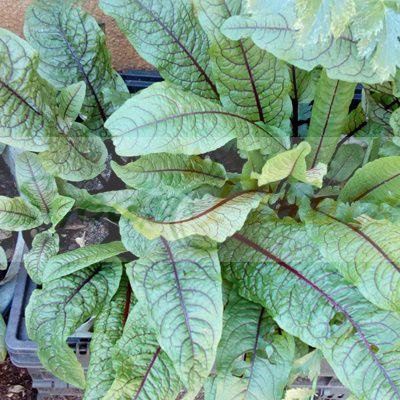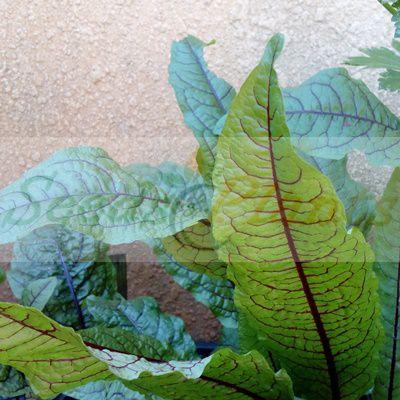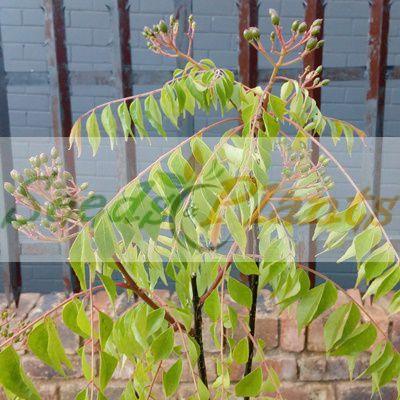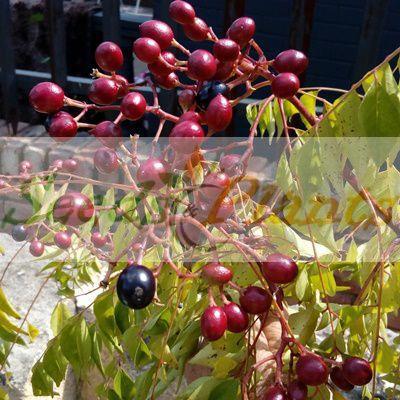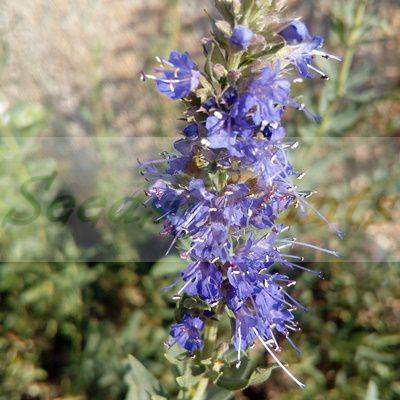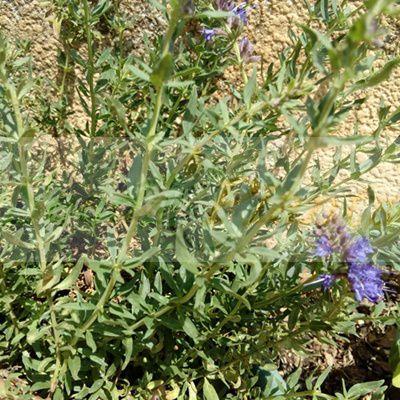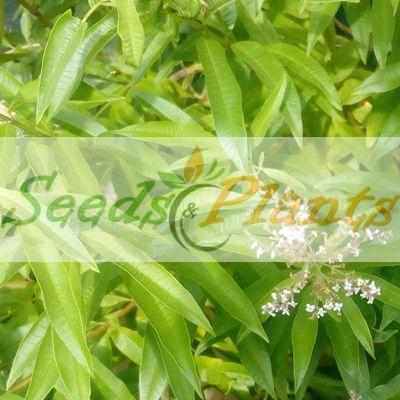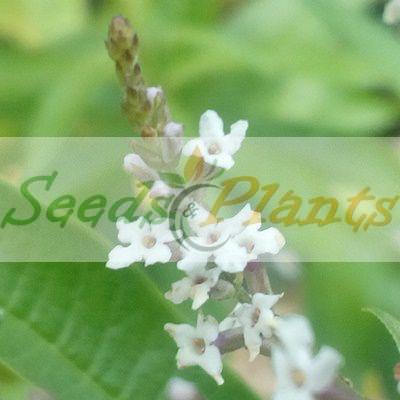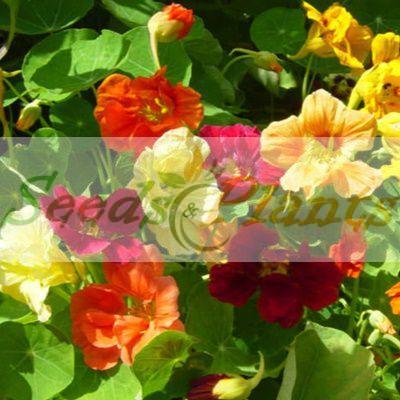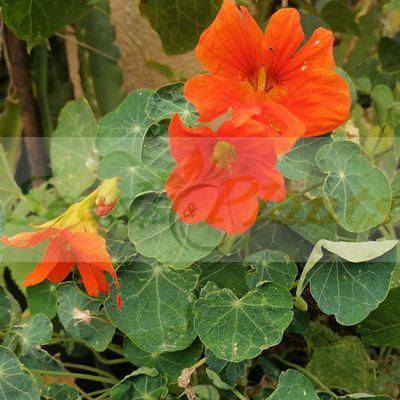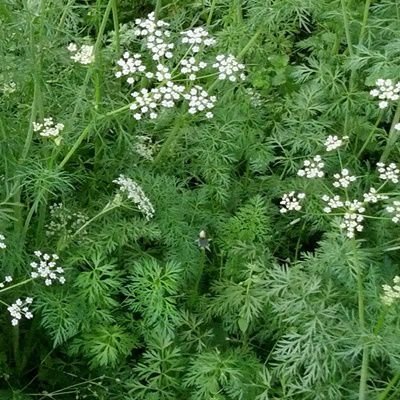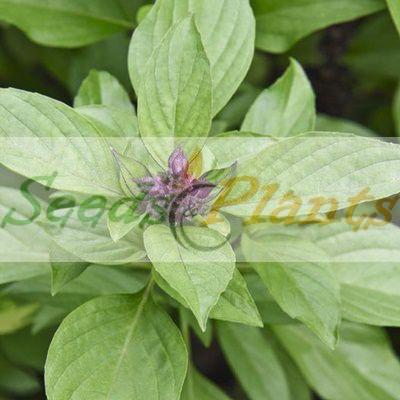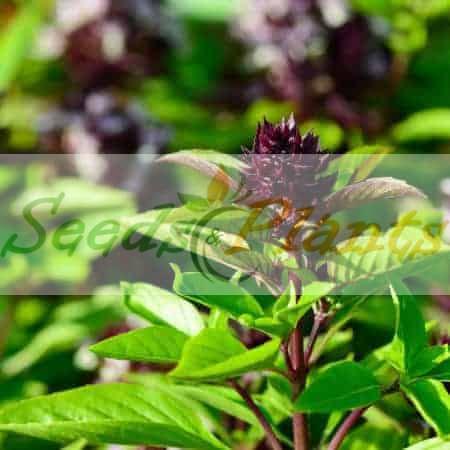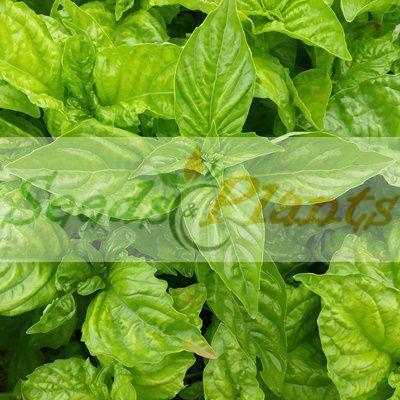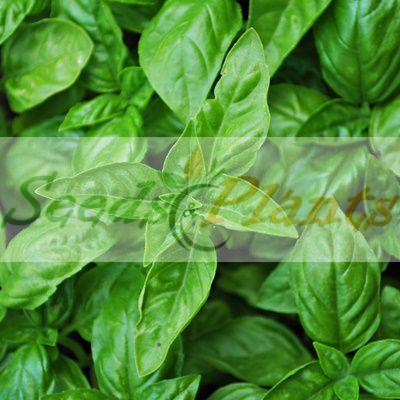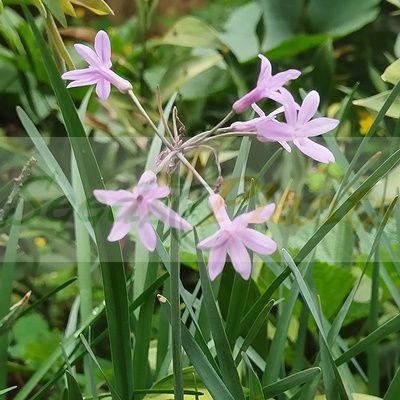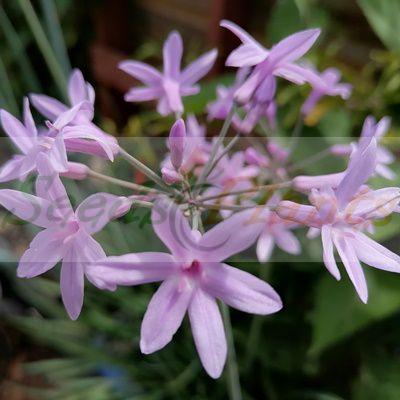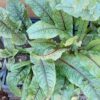Red Vein Sorrel – 100 Seeds
(Rumex sanguineus)
R30.00
Red Vein Sorrel is a striking bright green, red-veined herbaceous perennial, culinary green, and aromatic herb.
Common Name: Red Vein Sorrel, Bloody sorrel, bloody dock, bloodwort, red-veined dock and wood dock.
Indoor Sowing: Late Winter and Early Spring.
Direct Sowing: Early Spring.
In stock
Red Vein Sorrel Seeds. Bloody sorrel (Rumex sanguineus) , also known as bloody dock, bloodwort, red-veined dock and wood dock, is a striking bright green, red-veined herbaceous perennial, culinary green, and aromatic herb. With its spring-green leaves and dark red veins, bloody sorrel must be one of the most decorative greens you can grow.
This herbaceous perennial produces a tightly packed rosette of leaves about a foot tall from a deep taproot. The medium green lanceolate leaves are distinctively marked with an intricate network of colorful veins of red to purple. In mild climates it remains evergreen but the leaves die back to the ground in harsh winters.
Red Vein Sorrel Culinary Uses
Sorrel is delicious used as an herb or as a salad green.
- A traditional way to enjoy sorrel is cooked into a sauce and served with fish, lending a lemony flavor without the use of lemon.
- It’s also great cooked into soups or stews.
- Baby sorrel greens can be tossed into mixed salads.
- If you don’t have lemons to make a salad dressing, use sorrel to add tang.
Growing Red Vein Sorrel
Indoor Sowing: Late Winter and Early Spring.
Direct Sowing: Early Spring.
- It is best grown in full sun to partial shade in average to moist soil.
- It can even be grown as a marginal plant around ponds, in a bog, or in a water garden
- Sorrel Seeds can be sown in the garden as early as 2 to 3 weeks before the average last frost date in spring.
- Surface sow the sorrel seed and cover with a thin layer of soil.
- Keep soil moist, but not soggy until germination.
- Germination in about 7-14 days at a soil temperature of 22-22°C.
- Thin successful seedlings 30cm apart when plants are 6 to 8 weeks old.
- Sorrel will be ready for harvest 60 days after sowing.
- Sorrel should be kept evenly moist.
- Divide established sorrel in spring.
Disclaimer
Medicinal Information:
All medicinal information on this website is for educational and informational purposes only and may not be construed as medical advice. The information is not intended to replace medical advice or treatment offered by healthcare professionals.
Seeds, Plants, Plant Cuttings, Geophytes and Dried Herbs:
In some countries and provinces, certain plants are deemed as invasive and are not allowed to be planted at all, whilst some plants are allowed to be grown only in certain areas or provinces. The onus is on you as the buyer to familiarize yourself with the regulations pertaining to your location, before purchasing any of our seeds, plants, plant cuttings, geophytes or dried herbs. We will not be held liable, should you purchase any seeds, plants, plant cuttings, geophytes or dried herbs. from us which are prohibited in your country or province.

